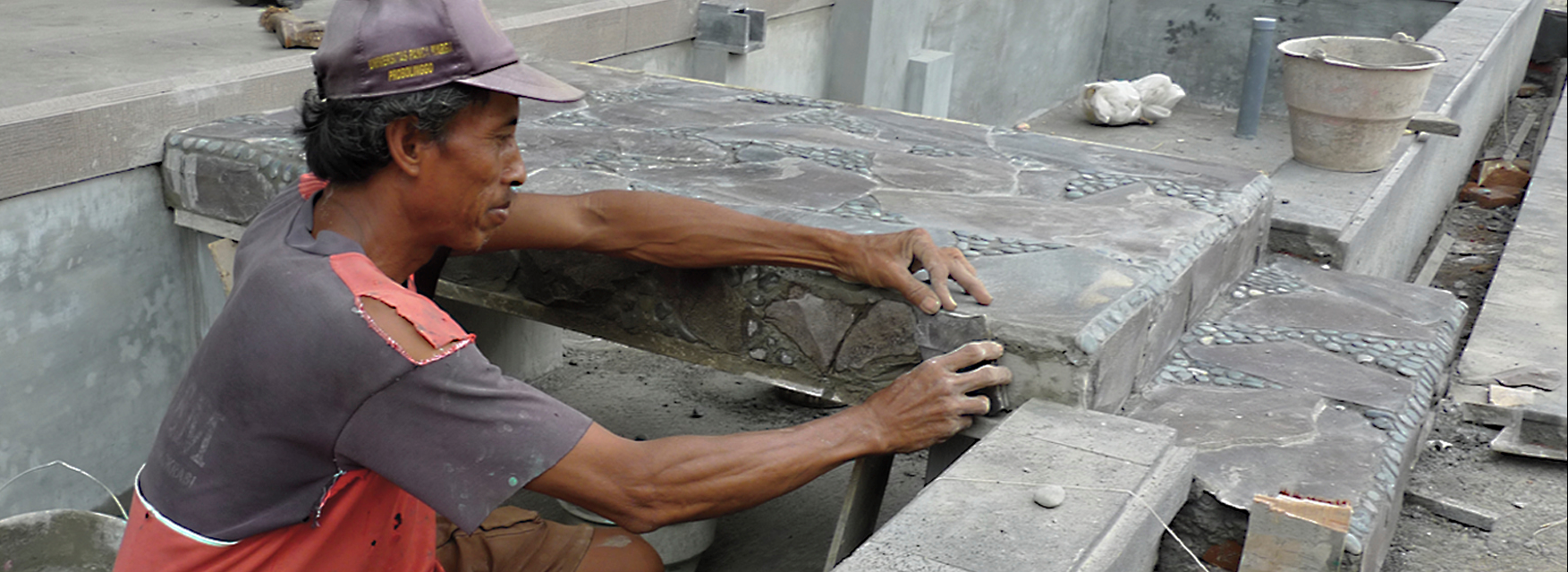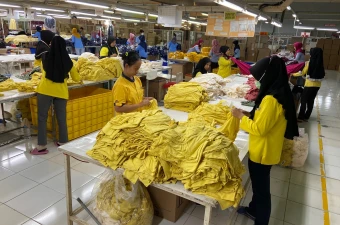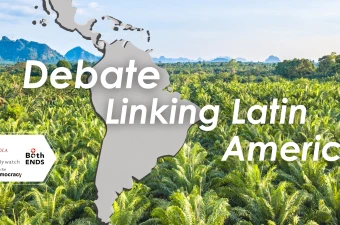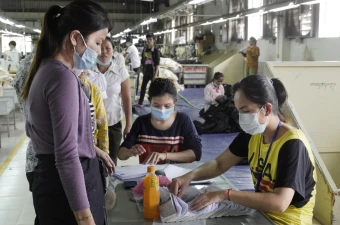IRBC TruStone Initiative launched
The Dutch and Flemish natural stone industry, the Dutch and Flemish governments, NGOs and trade unions have agreed to work together towards more responsible production and procurement of natural stone. The ‘IRBC TruStone Initiative’ came about after extensive discussions led by the Social and Economic Council of the Netherlands. The sector will immediately start surveying risks in the production chain and will work with all the parties involved in the initiative to tackle such problems as child labour, forced labour, restrictions on freedom of association, and health and safety abuses in the production chain. The Flemish parties signed the initiative in Brussels on Friday 10 May.
Making an impact
The natural stone sector in the Netherlands and Flanders consists of several hundred companies specialising in the import and processing of natural stone or products based on natural stone, such as countertops, tiles, building facades and kerbs. Natural stone sourced in Asia, Africa and Latin America is often quarried and processed under conditions that violate human rights/labour rights and are harmful to the environment. To make enough of an impact without delay, the parties will concentrate in the period ahead on involving as many Dutch and Flemish companies as possible.

Start of sustainable procurement pilots
Dutch and Flemish organisations that commission building projects involving natural stone can themselves leverage their influence by making use of sustainable procurement practices. That is why contracting authorities will also be asked to support the initiative. Pilots projects have already been launched to encourage companies and public authorities to purchase natural stone in a sustainable manner.
A few dozen municipal authorities and government agencies, including the four largest Dutch municipalities and the Central Government Real Estate Agency of the Netherlands, are taking part. The pilots will show how sustainable procurement practices can help companies to contribute actively to tackling and reducing RBC risks in the production and supply chain, in particular the risk of child labour. These lessons will also be instructive for other sectors.
Why this initiative?
Companies must make efforts to abide by the principles of International Responsible Business Conduct and sustainable production and supply chain management. Society and the Dutch and Flemish governments expect this of them, and they are furthermore obliged to do so under international guidelines and agreements, for example the United Nations Guiding Principles on Business and Human Rights, the Guidelines for Multinational Enterprises adopted by the Organisation for Economic Cooperation and Development (OECD), and the fundamental labour standards laid down by the International Labour Organisation (ILO). In the Netherlands, eight sectors have concluded multi-stakeholder IRBC agreements. The TruStone Initiative is the first such agreement involving parties from two countries.
Related news on other agreements:
- Textile (4 July 2016)
- Banking (28 October 2016) *
- Promotion of sustainable forest management (22 March 2017)
- Vegetable proteins (29 June 2018)
- Food industry (29 June 2018)
- Pensions sector (20 December 2018)
Available on this page:
Publication date 13 05 2019


